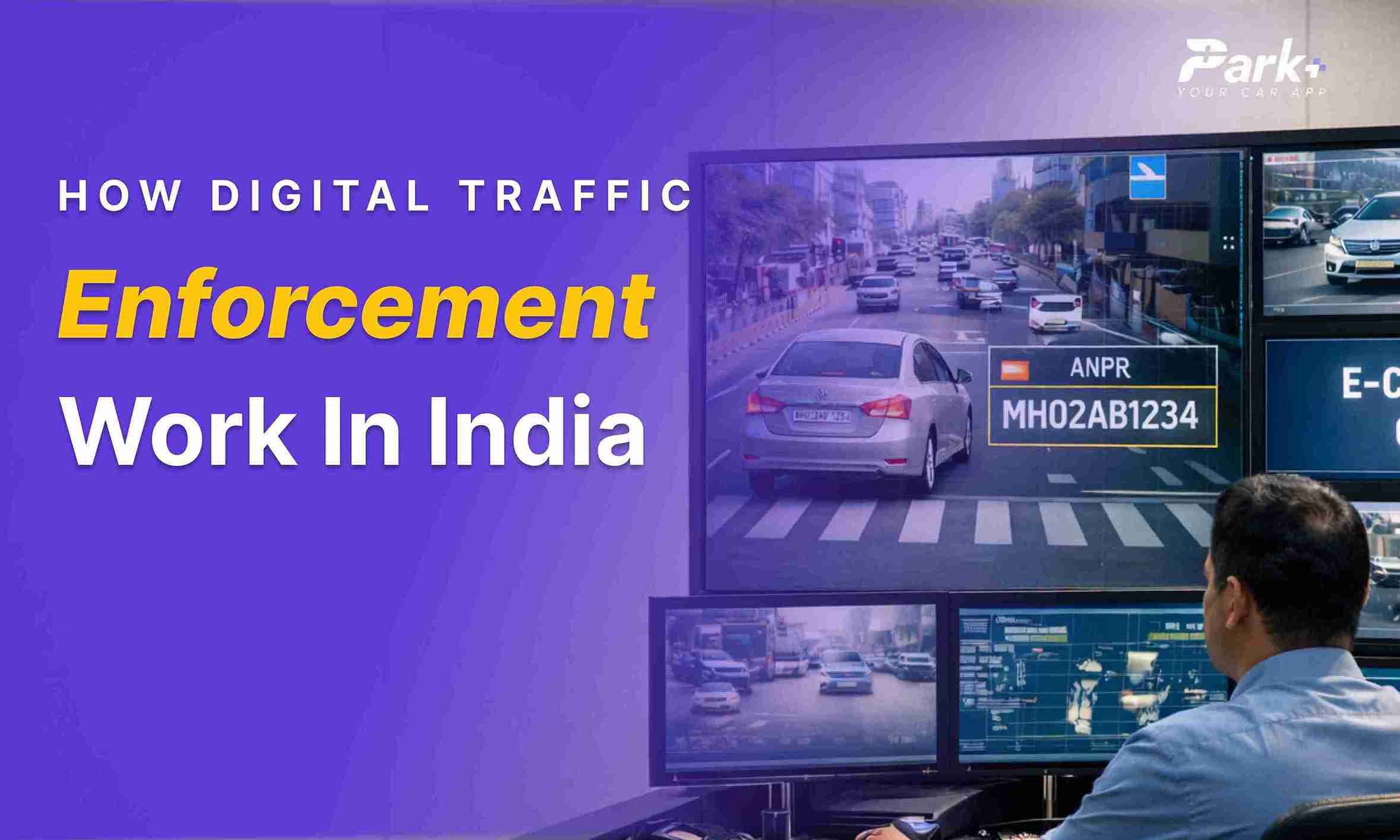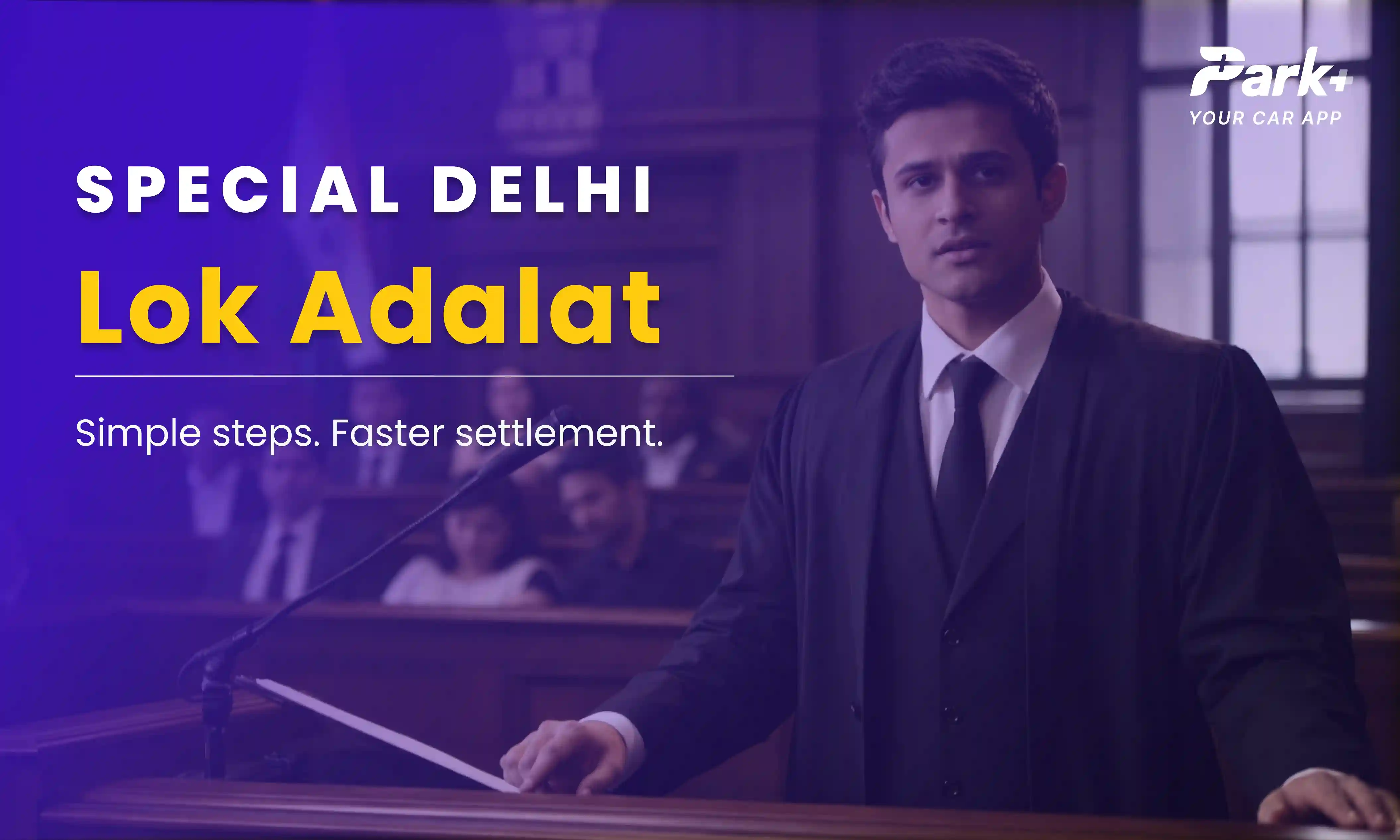If you're a driver in India, you're well aware that traffic rules and penalties can vary significantly from one state to another.
It's not just about staying within the speed limit or ensuring you always wear your seatbelt � the consequences of not doing so can be different depending on whether you're driving in the bustling cities of Bihar or the serene landscapes of Nagaland.
So, buckle up as we traverse through the complexities of challan penalties in Bihar and Nagaland, shedding light on the similarities, the differences, and why it matters to you. We'll cover everything from over-speeding to drunk driving, and from driving without a license to non-compliance with traffic rules. Let's hit the road on this enlightening journey.
Difference Between Penalties: Bihar vs Nagaland
Today, we're diving deep into these differences, examining the distinct challan penalties enforced in Bihar and Nagaland. Why do these differences exist, and what do they mean for you as a driver? This comparison isn't just about understanding penalties; it's about fostering responsible driving habits no matter where you're behind the wheel.
Penalty for Over-speeding
Bihar: If you're caught speeding, you might face a fine of up to INR 5,000. These hefty penalties serve as a strong deterrent for over-speeding.
Nagaland: This state operates on a graded penalty system where the fine increases proportionally to the extent of the speed limit breach. It can start from INR 1,000 and go up to INR 4,000.
Driving without a License
Bihar: If you're caught driving without a valid license, you could be fined up to INR 5,000. This hefty penalty applies across the board to all drivers.
Nagaland: If you're unable to produce a valid license when asked, your vehicle might be impounded, and you could face a fine up to INR 5,000.
Jumping Red Lights
Bihar: Offenders who jump red lights are subject to a fine of INR 5,000, and in case of repeated offenses, the driving license might be suspended.
Nagaland: The authorities impose a standard fine of INR 1,000 for all offenders who jump red lights.
Drunk Driving
Bihar: Penalties for drunk driving are severe due to its status as a dry state. Violators could face a fine of up to INR 10,000 or even imprisonment in severe cases.
Nagaland: The fine for drunk driving can range from INR 2,000 to INR 5,000, depending on the severity of the offense.
Non-compliance with Traffic Rules
Bihar: Violators may face a fine of INR 1,000 for not wearing a seatbelt or helmet, improper parking, or using a mobile phone while driving.
Nagaland: The fine may start from INR 500 for similar violations and can go up to INR 1,500 for repeat offenses.
These key differences in challan penalties between Bihar and Nagaland highlight the importance of understanding regional traffic rules. No matter where you're driving, awareness and adherence to the local rules can save you from hefty fines and other penalties.
Navigating Through the Maze of Traffic Rules
Understanding regional differences in traffic rules and penalties is not just about avoiding fines � it's about fostering safer roads for everyone. Between Bihar and Nagaland, there are distinct approaches to handling traffic violations. Bihar often applies flat-rate fines, whereas Nagaland employs a graded penalty system for several violations.
Knowing these differences allows you to be better prepared when driving in these states. It highlights the importance of adherence to traffic rules and the consequences that come with violations. It also encourages us to consider the context in which these penalties are applied and their role in encouraging safer driving habits.
To keep yourself updated with the latest traffic rules and check challans digitally, the Park+ app is your ideal companion. The app serves as a comprehensive guide to traffic rules and an efficient way to handle challans, which makes it an essential tool for every driver.
So, why wait? Download the Park+ app today, and equip yourself with all the necessary knowledge to navigate the roads confidently and safely. After all, driving is not just about reaching your destination, it's about ensuring a safe and hassle-free journey for all.


